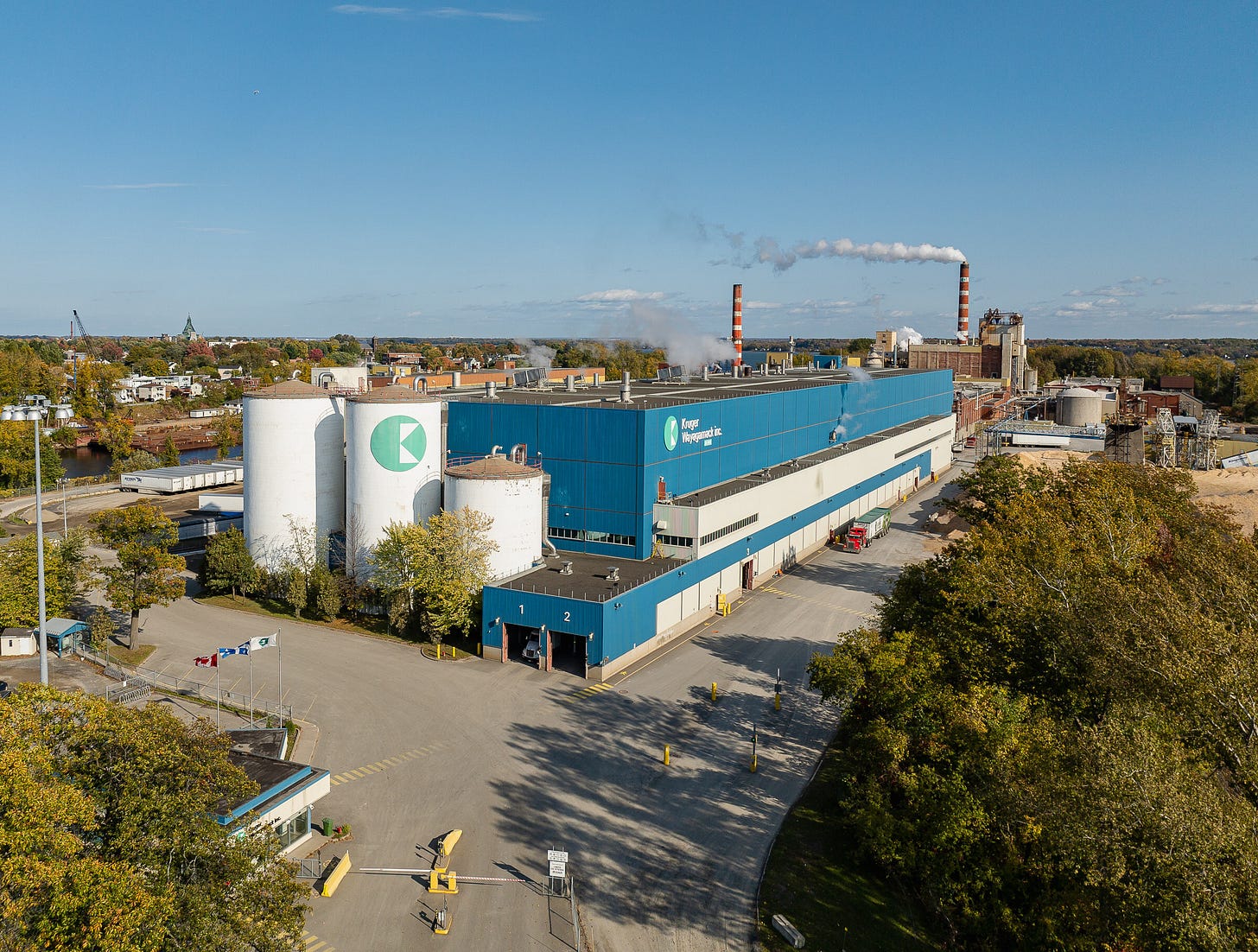Canada Is Becoming a Launchpad for U.S. Climate and Energy Innovation
by Yin Lu, Partner at MCJ
As an American VC who splits time between the U.S. and Canada, I’ve seen more U.S. companies enter the Canadian market in the past six months than in the last two years. Here are a few observations on what’s driving the momentum.
As U.S. climate and energy startups navigate ongoing trade volatility and shifting tax credit policy landscapes, many are increasingly treating Canada as a complementary go-to-market (GTM) region, not a replacement for the U.S., but a way to parallelize growth, diversify incentives, and accelerate deployment.
Across sectors such as carbon utilization, building electrification, geothermal, and energy storage, early-stage U.S. companies are piloting in Canada to access funding, navigate simpler permitting frameworks, and gain traction with customers in a policy environment that may differ materially from the U.S.
1. Access to Capital and Incentives
Canada currently offers a robust mix of refundable tax credits and grants spanning clean energy sectors, which can often be stacked across federal and provincial levels. Some of the key federal incentives include:

Startups often combine Canadian incentives with U.S. equity capital to stretch runway, validate GTM, and build regulatory track records that support expansion in either direction.
2. Faster Permitting for Certain Technologies
While permitting speed varies across specific state or provincial jurisdictions, Canada can offer shorter overall regulatory timeframes for specific project types across clean energy generation, storage or carbon capture technology. And unlike the U.S., specifically for carbon projects, Canada has >100 Gt of CO₂ storage capacity with a defined permitting and ownership regime — something the U.S. has had difficulty streamlining.
Typically, commercial solar and wind infrastructure permitting time is anywhere from 3-9 years in the U.S.; whereas in Canada, that same timeline is shortened to 2-4 years. Another example is geothermal, which on average takes 5-8 years for permitting in the U.S. and around 3-4 years in Canada. Similar examples can be pulled for nuclear and CCUS [ACP, CNSC, GDR, CCI, MNRC].
This speed-to-deployment advantage can be critical for startups aiming to demonstrate traction and iterate quickly in real-world conditions.
3. Operational Compatibility
Canada shares many operational similarities with the U.S., including interconnected power grids (70+ TWh exchanged annually) as well as common building codes and electrical standards.
These factors reduce localization costs and complexity. For many startups, engineering teams and early deployments can be coordinated across both markets without requiring major product redesign or heavy net-new compliance layers.
A Complimentary GTM Strategy in Action
As an example, MCJ portfolio company Mantel Capture announced its $20M+ collaboration with Quebec-founded manufacturing company Kruger on a carbon capture and reuse demonstration project at its Wayagamack Mill, backed by federal and provincial funding. The initiative pairs a Canadian industrial leader with an MIT-founded startup to pilot breakthrough molten salt-based carbon capture technology in an operational pulp and paper mill.
This project exemplifies how Canada can enable climate tech commercialization at scale through strong public-private collaboration, access to industrial testbeds, and de-risking incentives that accelerate the deployment of novel technologies.
Canada As a Launchpad, Not a Replacement
That said, while Canada generally offers faster permitting, generous clean energy incentives, and operational compatibility for U.S. startups, there are important caveats. Founders must navigate a layered regulatory environment spanning federal and provincial jurisdictions (not unlike U.S. federal–state dynamics).
They also have to adapt to a smaller, more dispersed market and manage the nuances of stacking incentives and accessing infrastructure. These realities underscore that Canada is best approached as a parallel GTM geography—ideal for piloting, early traction, and derisked learning, but not a full substitute for U.S. market scale.
We’re seeing more companies structure their GTMs this way—leveraging Canada for flexibility, faster deployment, and cross-border resilience. For startups navigating election cycles and policy uncertainty, Canada increasingly offers a stable, lower-friction complement to U.S. commercialization, adding redundancy & unlocking new growth levers.
🎙️ Inevitable Podcast
🧊 What if we could slow sea-level rise by freezing glaciers in place? Brent Minchew of Arête Glacier Initiative breaks down the science behind Antarctic instability, why current sea-level models remain so uncertain, and how early intervention technologies could help buy time in the climate fight. Listen to the full episode here.
🍿 The Lean Back
Learn more about the “Doomsday” aka Thwaites Glacier in this week’s episode of Inevitable.
🤠 MCJ in Austin: Where AI Meets Energy with Crusoe
We’re bringing the MCJ magic to Austin with an afternoon of bold ideas and real-world innovation. Join roundtable sessions with Texas-based climate and energy builders—including Aalo Atomics, Base Power, Light, Exowatt, Moment Energy, The Nuclear Company, and TC Labs—followed by a live podcast recording with Crusoe’s Cully Cavness on the future of AI and energy infrastructure. RSVP here.
👩💻 Climate Jobs
Check out the Job Openings space in the MCJ Collective member hub or the MCJ Job Board.
Senior Analytics Engineer at Arcadia (Remote)
Senior Software Engineer at Artyc (Fremont, CA)
Electrical Engineer at Crusoe (Arvada, CO)
Payroll and Benefits Manager at LevelTen Energy (Seattle, WA)
Director of Program Management at Lightship (San Francisco, CA)
Manager, Commissioning at The Nuclear Company (Columbia, SC)
Events Marketing Manager at Overstory (Remote)
Executive Assistant at Pacific Fusion (Fremont, CA)
Senior Security Engineer at Runwise (Remote)
Hardware Test Engineer at SPAN (San Francisco, CA)
The MCJ Newsletter is a FREE weekly email curating news, jobs, Inevitable podcast episodes, and other noteworthy happenings in the MCJ Collective community.
💭 If you have feedback or items you’d like to include, feel free to reach out.
🤝 If you’d like to join the MCJ Collective, apply today.
💡 Have a climate-related event or content topic that you'd like to see in the MCJ newsletter? Email us at content@mcj.vc


